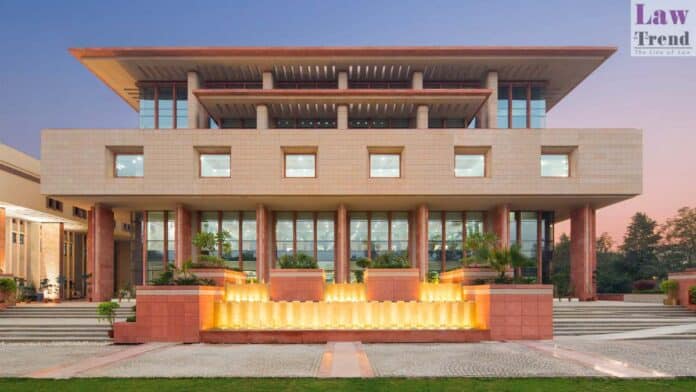The Delhi High Court has directed the removal of an AI-generated video that falsely alleged poisoning of guests by employees of Taj Lake Palace in Udaipur, observing that the content was defamatory and damaging to the hotel’s reputation.
Justice Manmeet Pritam Singh Arora, in an interim order passed on October 15, said the court was prima facie of the view that the video’s contents were false. “This court finds merit in the submission of the plaintiff (The Indian Hotels Company Ltd) that circulation of such a false video directly infringes upon the plaintiff’s reputation and grossly misrepresents the plaintiff’s property Taj Lake Palace, Udaipur before the public,” the court observed.
The order came on a suit filed by Tata Group’s Indian Hotels Company Limited (IHCL), which owns and operates the Taj brand of hotels. The company approached the court after an Instagram account named ‘Travelagio’ posted a “disparaging and false AI-generated deepfake video” titled “Staff poisoned wealthy guests for 6 months…”.
The video claimed that luxury tourists were murdered by poisoning at Taj Lake Palace in 2018 by one of the staff members and that the incident was covered up by authorities. According to the plea, the video falsely cited a local plant called foxglove or digitalis as the poison source, despite the fact that the plant cannot grow in Udaipur.
The company stated that the video, which has garnered over 20,000 views and multiple shares and comments, was reported on the National Cyber Crime Reporting Portal, but no action had been taken so far.
IHCL also highlighted that Taj Lake Palace was awarded three Michelin Keys in the Global Michelin Keys Selection on October 8 — a recognition given to the world’s most exceptional hotels — and that the false video surfaced soon after the accolade.
The High Court directed the removal of the video and restrained the defendant (John Doe) from circulating the content or any other material disparaging the Taj brand on any social media platform or website. It also instructed Meta Platforms Inc. to take steps to ensure the video’s removal and prevent its re-uploading across its platforms.
The court took note of the harm such AI-generated misinformation can cause to a reputed brand and its goodwill, stressing the need for swift action against false and defamatory content online.
The matter has been listed for further hearing on March 23, 2026.




